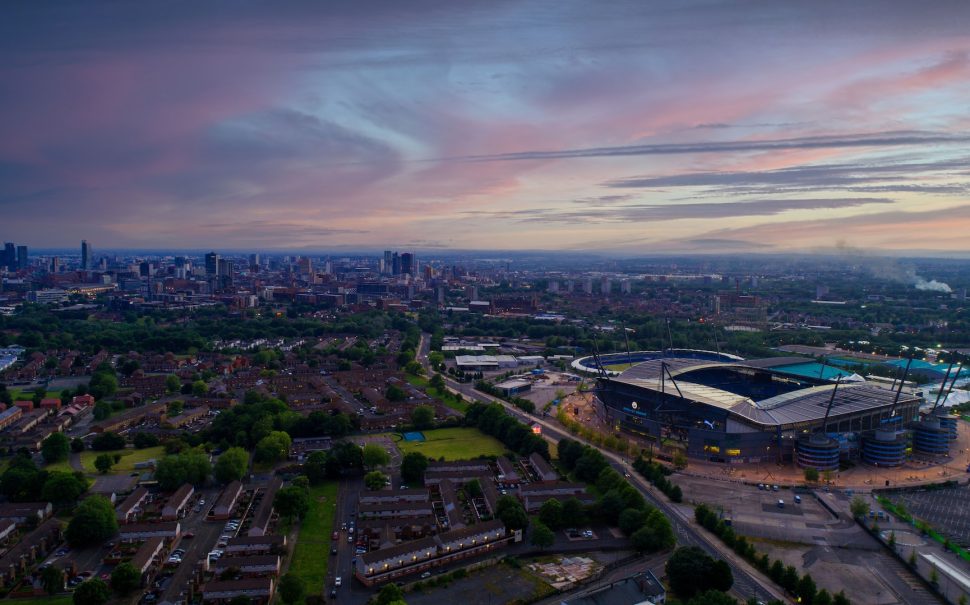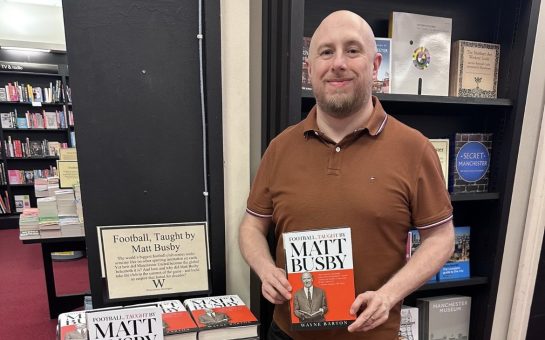Manchester City were this week charged with more than 100 counts of breaking its rules after a four year investigation into the club’s finances. MM looks at how City became such financial giants and asks: is the club leaving behind the people who have supported it all their lives?
Having just been named the world’s highest earning club by Deloitte for the second year in a row, City now face the possibility of being kicked out of the Premier League entirely.
While many clubs suffered financially during the Covid seasons of 2020 and 2021, City have thrived, increasing their revenue by £120m since 2020.
“I think it’s a wonderful thing, I think we go about our business very well,” was the answer I got from Rob Taylor, 57, a lifelong City fan when I asked how he felt about his club being the most profitable in the world.
“Before the takeover the club was a shambles, we weren’t making any money, spending ridiculous amounts of money on bang average players.”
City has certainly changed since Peter Swales sold Manchester’s historic team to the Abu Dhabi Investment Group in 2007.
In the past fifteen years they have won the premier league six times, more than any other club in that period.
Ray Hughes, 62, said: “The jobs the takeover created around a really neglected area is fantastic.
“We’ve gone from 34,000 to 53,000 fans going on average.”
But this change in fortunes has also cost one – a £200m training complex and stadium for the club’s women’s team, millions in improvements to the existing stadium and over 2 billion pounds in player transfers.
To fund this enormous investment into the club the owners have boosted their commercial revenue five fold.
When they entered the top five highest earning clubs in the world in 2015, they had earned £65m in commercial revenue, which includes retail, merchandising and sponsorships. By 2022, this had increased to £378m.
Source: Deloitte
Sponsors like Etihad airways (£67.5m a year) and Puma (£65m a year) have helped City become the highest earning club in the world.
But some fans feel left behind by the club’s new image.
“The people that are around us aren’t city fans, they’re day trippers, they haven’t got the club at heart like we have,” said Rob.
“Things like the tunnel club – it’s elite, it’s a money thing, they’re customers, not fans.
“Twenty years ago we only got thirty thousand but those fans were proper City fans.
“My mate said to me, ‘What will you do if they demote you?’
“I said, “Enjoy myself.
“Because all the hangers on, corporates, they won’t go to watch City in the first or second division, it’ll be 30,000 die-hards again.”
Demotion is something that is a threat, if the club is found guilty of the charges brought by the Premier League.
The charges state that City failed to provide “a true and fair view of the club’s financial position, in particular with respect to its revenue (including sponsorship revenue), its related parties and its operating costs”.
In 2018 the club was accused in the ‘Football Leaks’ scandal of inflating their commercial figures with sponsorship from Abu Dhabi based companies that were in fact money from the Arab state.
Ray said: “If they have done anything wrong then I have to say you deserve everything you get but I hope that isn’t the case after all the work that’s been put in there.”
The case is likely to drag on, but City responded bullishly when the charges were announced “welcoming” a chance to clear their name.
The club’s life-long fans were stoic about a potential end to their dominance and said they’d support them no matter what.
Ray said: “Success comes in cycles, maybe it’ll be Newcastle next, I love my club, I’ll never stop going.”
Photo by Mark mc neill on Unsplash




